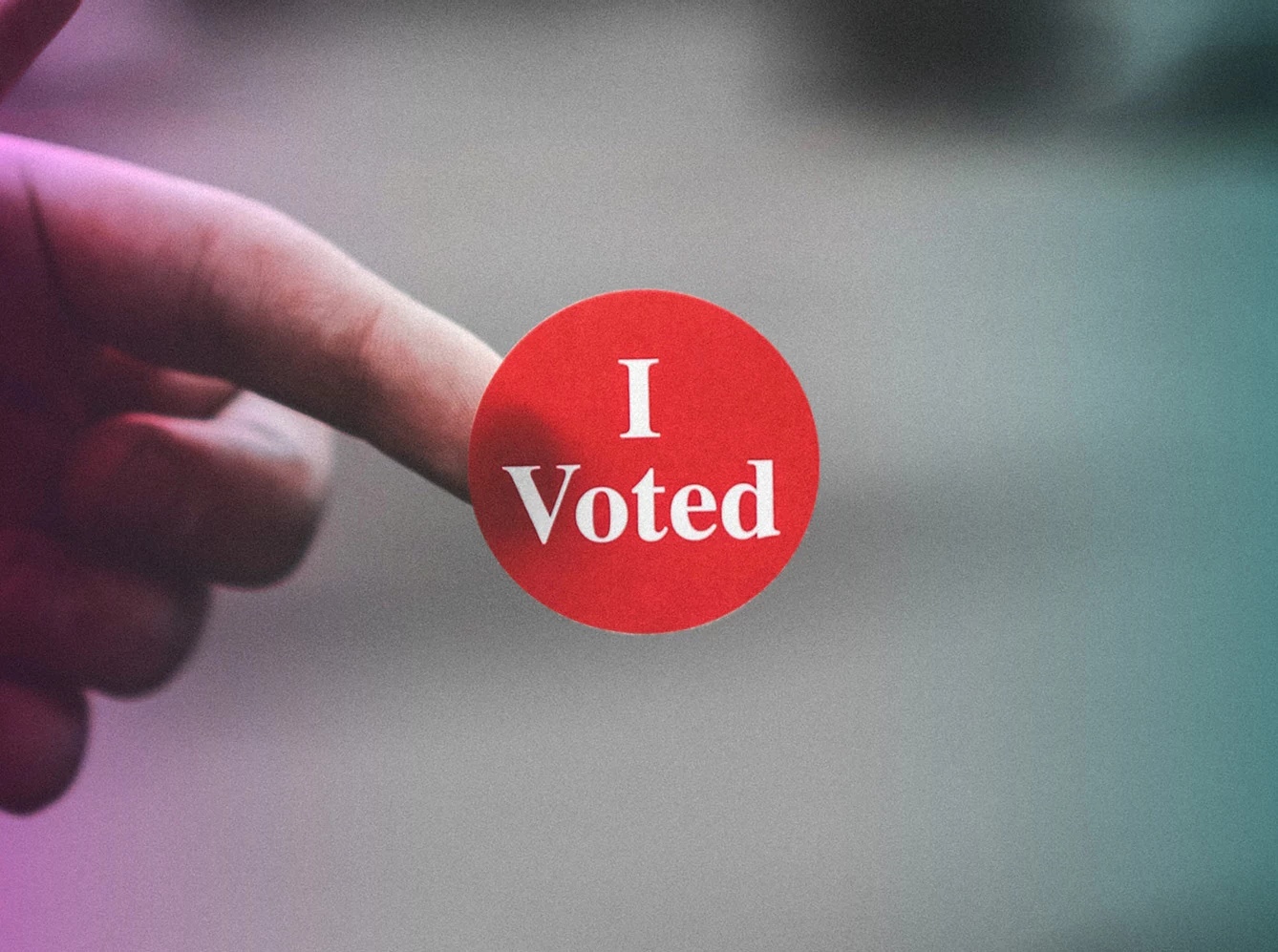Democracy is a complicated process. It shows quickly in post-soviet countries, where, for decades, voting was either nonexistent or, at best, pointless, and the results were known in advance. After democracy was introduced or re-introduced in these countries, getting people to vote was one of the main concerns. The other was to ensure transparent and fair elections.
Mcrochipped to vote
Easy as it seems to achieve the former of those goals by introducing online voting, the latter is easy to compromise. That’s why the world was impressed when the small country of Estonia in northern Central Europe became the first in the world to introduce country-wide online voting.
Out of around 1.3 million people, there are approximately one million citizens on Estonia’s electoral roll. And the country itself is known for being among the most modern nations in the world in terms of electronic access and public services. By the end of 2005, 80 percent of the citizens already had an ID card with a microchip.
Estonia: trust through relations
So, as early as 2005, a simple card and chip reader that could connect to a personal computer allowed Estonian citizens to vote online worldwide. How did it turn out? Local elections in October of 2005 saw less than one percent (or ten thousand people) vote online, but the numbers quickly went through the roof. In the 2019 parliamentary elections, almost 44 percent of voters cast their votes online. The percentage was even higher with the European Parliament elections, as significantly fewer people participated in this one.
The microchipped ID card seems relatively safe from electoral forgery, but concerns remain, especially regarding who actually votes using a particular ID. To avoid such problems, Estonia allows multiple voting per person. In this system, the last given vote overrides the previous one. And the paper ballot reigns supreme. So if you are unsure of your vote safety, you can still vote on Sunday evening personally.
In 2016 computer scientists from Oxford University acknowledged the success of the online voting program in Estonia. But, as they claimed, a part of it is “building trust through interpersonal relations” in a relatively small country. As there is still some progress to be made, it seems that a close-knit society is still the best support for modern solutions.







